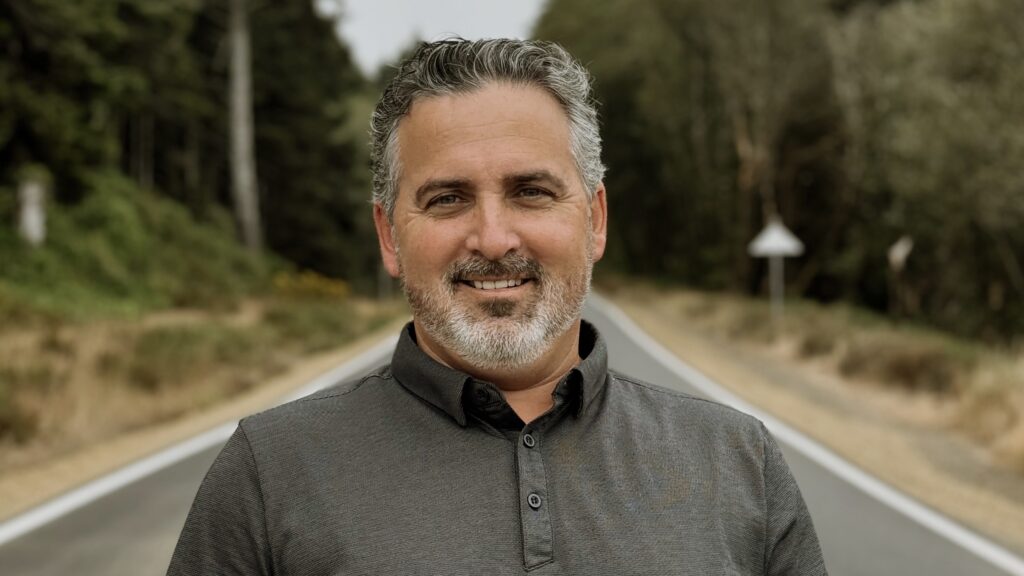In an era of increasing political polarization, one Oregon Republican is charting an unconventional path, actively seeking common ground and engaging with constituents across the ideological spectrum. This unique approach, epitomized by State Representative Cyrus Javadi, challenges traditional Oregon politics and offers a compelling case study in bipartisan engagement, aiming to foster a more nuanced political discourse beyond partisan divides.
Javadi, a Tillamook-based dentist, has gained attention for his thought-provoking Substack columns, which often defy typical party rhetoric. These writings, delving into topics such as the broad social benefits of programs like SNAP and Medicaid, the critique of legislative walkouts, and the scope of constitutional rights, showcase his willingness to confront complex issues head-on, even when it means challenging conservative orthodoxies. His candid discussions extend to the very idea of an elected official’s loyalty, asserting that it lies with constituents, not exclusively with a party.
Beyond his written work, Cyrus Javadi distinguishes himself through direct and extensive constituent outreach. Unlike many elected officials who primarily address their base, Javadi actively seeks out and converses with those holding opposing viewpoints. A notable instance saw him engaging for nearly an hour with participants at an anti-Trump protest in Tillamook, demonstrating a rare commitment to open dialogue that many Americans claim to desire from their representatives.
This unconventional method of bipartisan engagement raises crucial questions about its broader applicability and long-term viability in contemporary politics. Can such an approach be ‘exportable’ to other politically charged environments, and is it truly ‘politically sustainable’ for a public servant navigating the intense pressures of party loyalty and electoral cycles? Javadi’s district provides a unique testing ground for these inquiries.
Representing Oregon’s 32nd House District, Javadi operates within a distinct political landscape. The district, characterized by a near-equal split between registered Democrats and Republicans, and a significant proportion of non-affiliated voters, demands a more conciliatory style of political discourse. His narrow victories in recent general elections, winning with just over 51% of the vote, underscore the competitive nature of his constituency and the necessity of appealing beyond a single partisan base.
Despite his efforts to bridge divides, Javadi faces significant legislative challenges, including a concerted recall drive initiated by members of his own party. Accusations leveled against him include alleged votes for controversial legislation concerning school content and LGBTQ+ rights (SB1098 and HR3), as well as purported failures to clarify his stance on a major tax increase bill (HB2025). These efforts highlight the internal pressures faced by a Republican perceived as ‘off the reservation’ by some within his party.
Javadi contends that the accusations misrepresent his legislative actions and denied having the opportunity to vote on the transportation funding bill. The contrast between current recall sentiment and earlier endorsements reveals a significant shift in local Republican attitudes toward his independent stance. However, his strong connection with non-Republican voters in his diverse district suggests that his authentic constituent outreach might ultimately serve as a robust asset in future elections, potentially allowing him to thrive in a competitive, rather than partisan-dominated, environment.






Leave a Reply